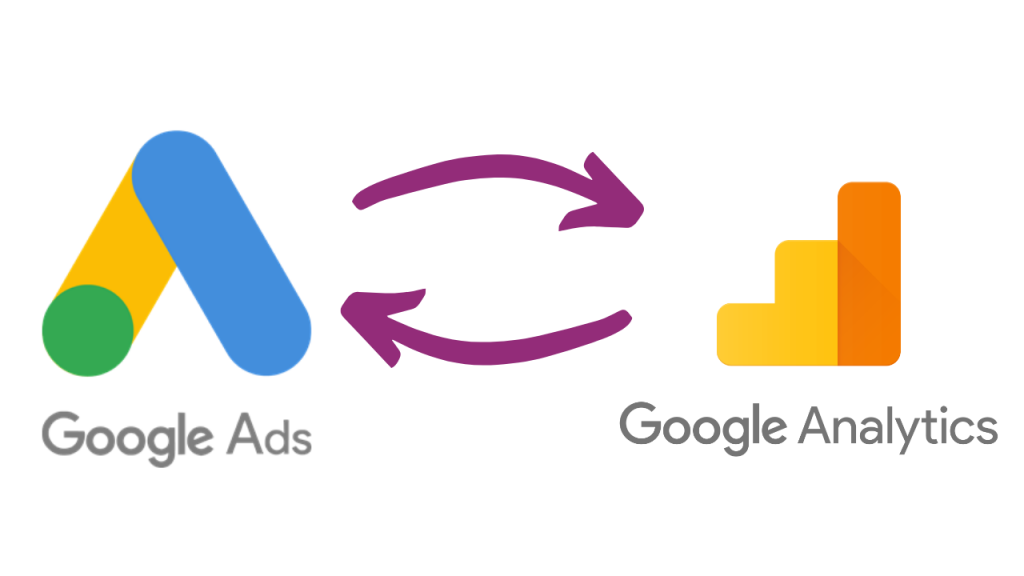When Linking a Google Ads Account to Google Analytics, What is Not Possible? Would you like to know the answer of this question? This post is for you.
In the world of digital advertising and analytics, connecting various platforms and data sources is essential for gaining valuable insights and optimizing marketing campaigns.
One powerful integration is linking a Google Ads account to Google Analytics, allowing advertisers to track performance, understand user behavior, and make data-driven decisions.
However, it’s crucial to understand the limitations of this integration to ensure accurate analysis and avoid potential pitfalls.
In this blog post, we will tell you When Linking a Google Ads Account to Google Analytics, What is Not Possible?
Overview of Linking Google Ads and Google Analytics
Before diving into the limitations, let’s briefly review the process of linking a Google Ads account to Google Analytics.
Google Ads is a platform for running online advertising campaigns, while Google Analytics is a powerful web analytics tool.
Linking these two accounts allows advertisers to view advertising data alongside website performance metrics, providing a holistic view of their online presence.
Read Also: Will Digital Marketing Ever Rule the World?
What is Possible When Linking a Google Ads Account to Google Analytics?
When the integration is successfully implemented, advertisers gain several advantages and capabilities:
Track Performance Metrics Across Platforms
By linking accounts, advertisers can view Google Ads data within Google Analytics, enabling comprehensive analysis of advertising campaigns alongside other website metrics.
Analyze User Behavior and Engagement Data
The integration provides valuable insights into user behavior, such as page views, session duration, bounce rates, and conversions, giving a deeper understanding of ad effectiveness and user experience.
Create Remarketing Lists Based on User Actions
Advertisers can create custom remarketing lists based on user interactions tracked by Google Analytics, allowing precise targeting of engaged audiences.
Attribute Conversions Accurately
By combining data from both platforms, advertisers can accurately attribute conversions to specific advertising campaigns, keywords, or ad groups, enhancing campaign optimization and budget allocation.
Read Also: Get to know India’s Top 10 Bloggers and their Earnings
Limitations and What is Not Possible When Linking a Google Ads Account to Google Analytics
While the integration offers valuable insights, it’s essential to be aware of its limitations:
Privacy and Data Sharing Limitations
Due to privacy concerns and regulatory policies, some data, such as personal information or sensitive data, cannot be shared between Google Ads and Google Analytics.
Cross-Device Tracking Challenges
Tracking users across multiple devices can be complex, and the integration may not capture the complete customer journey when users interact with ads on one device and convert on another.
Data Discrepancies and Time Delays
Discrepancies between the two platforms’ reporting methodologies and data processing can lead to variations in reported metrics. Additionally, there might be time delays in data synchronization, affecting real-time analysis.
Differences in Attribution Models
Google Ads and Google Analytics use different attribution models, leading to variances in conversion attribution. This disparity can impact campaign evaluation and decision-making.
Workarounds and Alternative Solutions
While some limitations exist, advertisers can utilize workarounds and alternative solutions to mitigate their impact:
Leveraging Custom URL Parameters
Incorporating custom URL parameters in ad destination URLs allows advertisers to capture additional data in Google Analytics and enhance campaign tracking.
Utilizing Third-Party Analytics Tools
Consider integrating third-party analytics tools that offer more advanced attribution modeling and cross-device tracking capabilities to complement the Google Ads and Google Analytics integration.
Manually Importing Google Ads Data into Google Analytics
Exporting data from Google Ads and importing it into Google Analytics can help align metrics and perform deeper analysis beyond the limitations of the direct integration.
Read Also: How to Become the Best Social Media Marketing Manager
Read More: Average Income of a YouTuber in India with 100k Subscribers
Best Practices for Maximizing the Benefits of the Integration
To make the most of the Google Ads and Google Analytics integration, follow these best practices:
Implementing Proper Tracking and Tagging
Ensure that your website is properly tagged with the Google Analytics tracking code, and implement event tracking for important user interactions. This ensures accurate data collection and attribution.
Regularly Reviewing and Comparing Data from Both Platforms
Take the time to regularly review and compare data from Google Ads and Google Analytics. Identify any discrepancies or inconsistencies, and investigate the underlying causes. This allows you to make informed decisions based on accurate data.
Customizing Reports and Setting up Meaningful Goals
Customize your reports in Google Analytics to focus on the metrics that matter most to your business objectives. Set up meaningful goals and track conversions based on your specific goals and KPIs. This will provide you with actionable insights for optimizing your advertising campaigns.
Conclusion
By following best practices and regularly reviewing and comparing data from both platforms, you can maximize the benefits of this integration and make data-driven decisions to optimize your advertising campaigns.
Remember, while the integration provides valuable insights, it’s important to stay informed, adapt to changes in policies and regulations, and explore alternative solutions to overcome limitations.
By doing so, you can unlock the full potential of your Google Ads and Google Analytics integration and drive better results for your online advertising efforts.
To get informed about Google Ads in detail, you can enroll in DIDM’s digital marketing course. To join, dial +91 8800505151 today.



